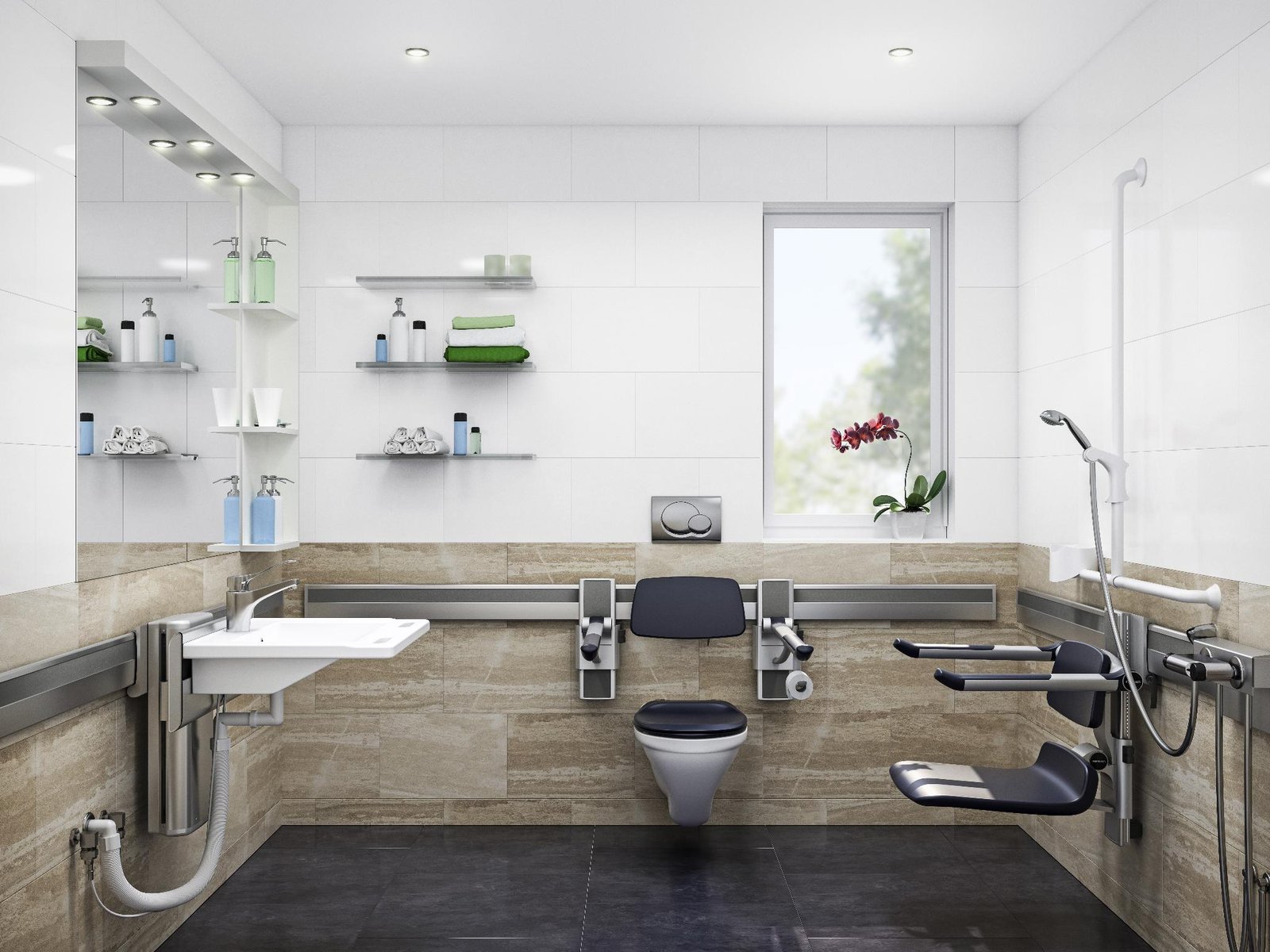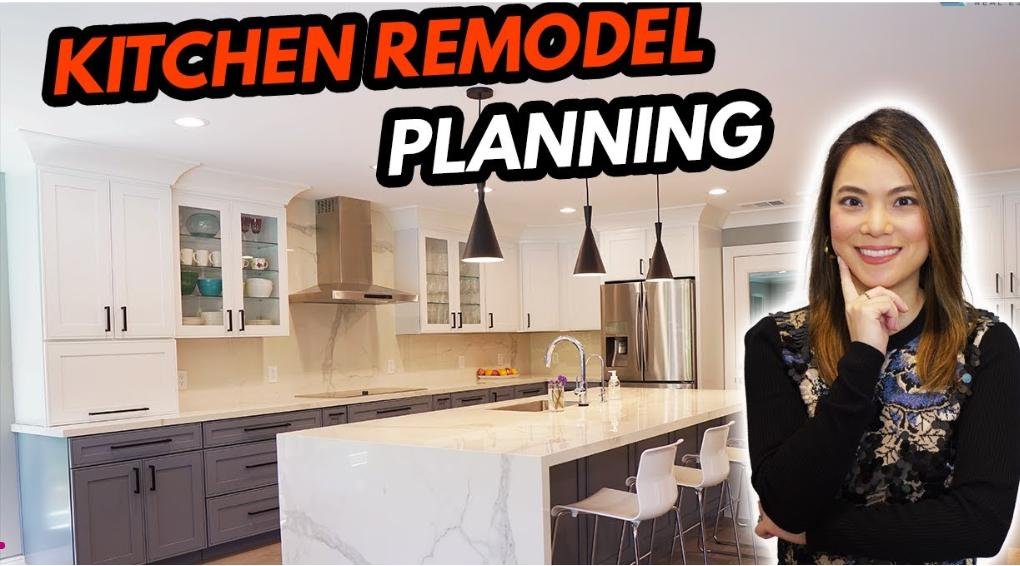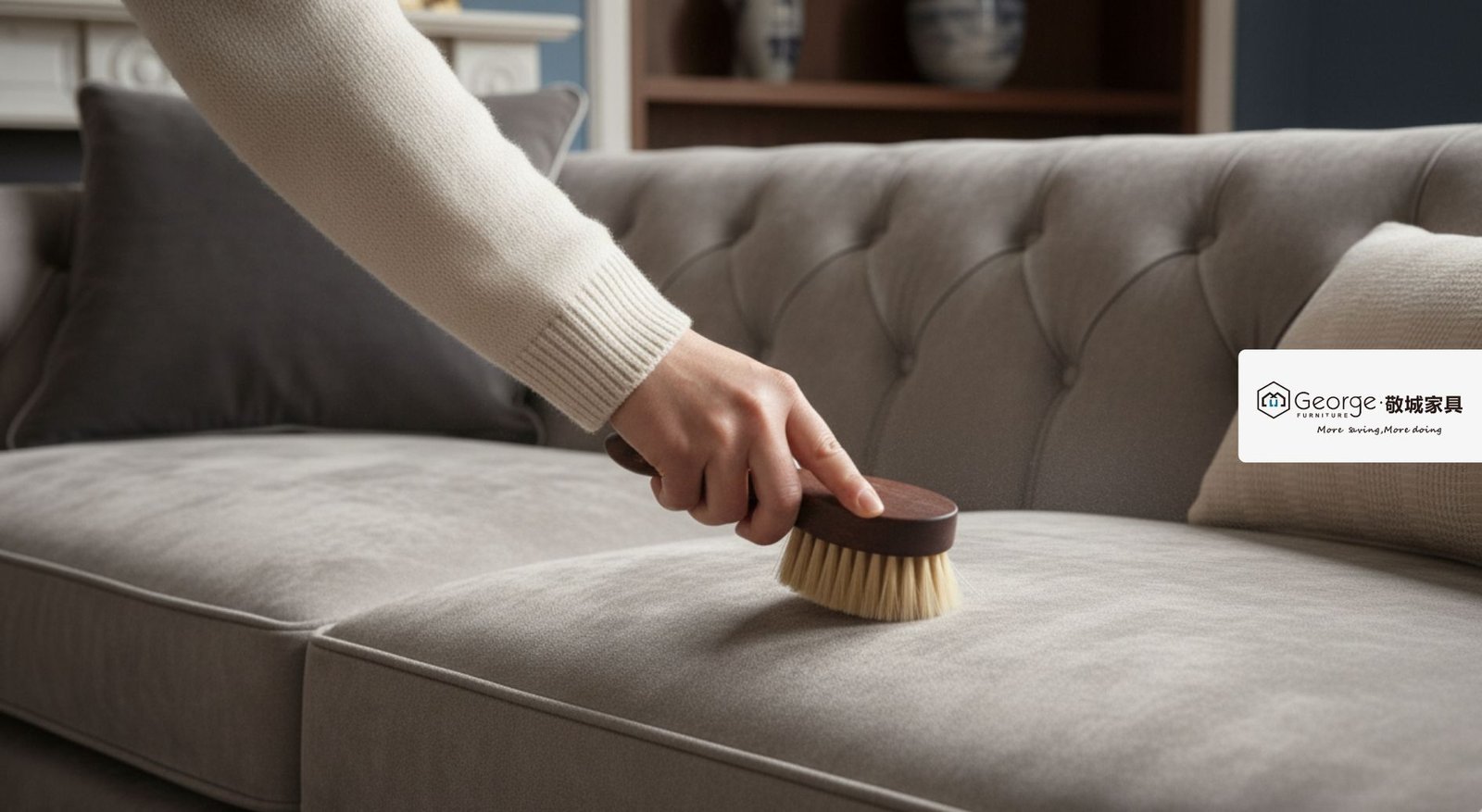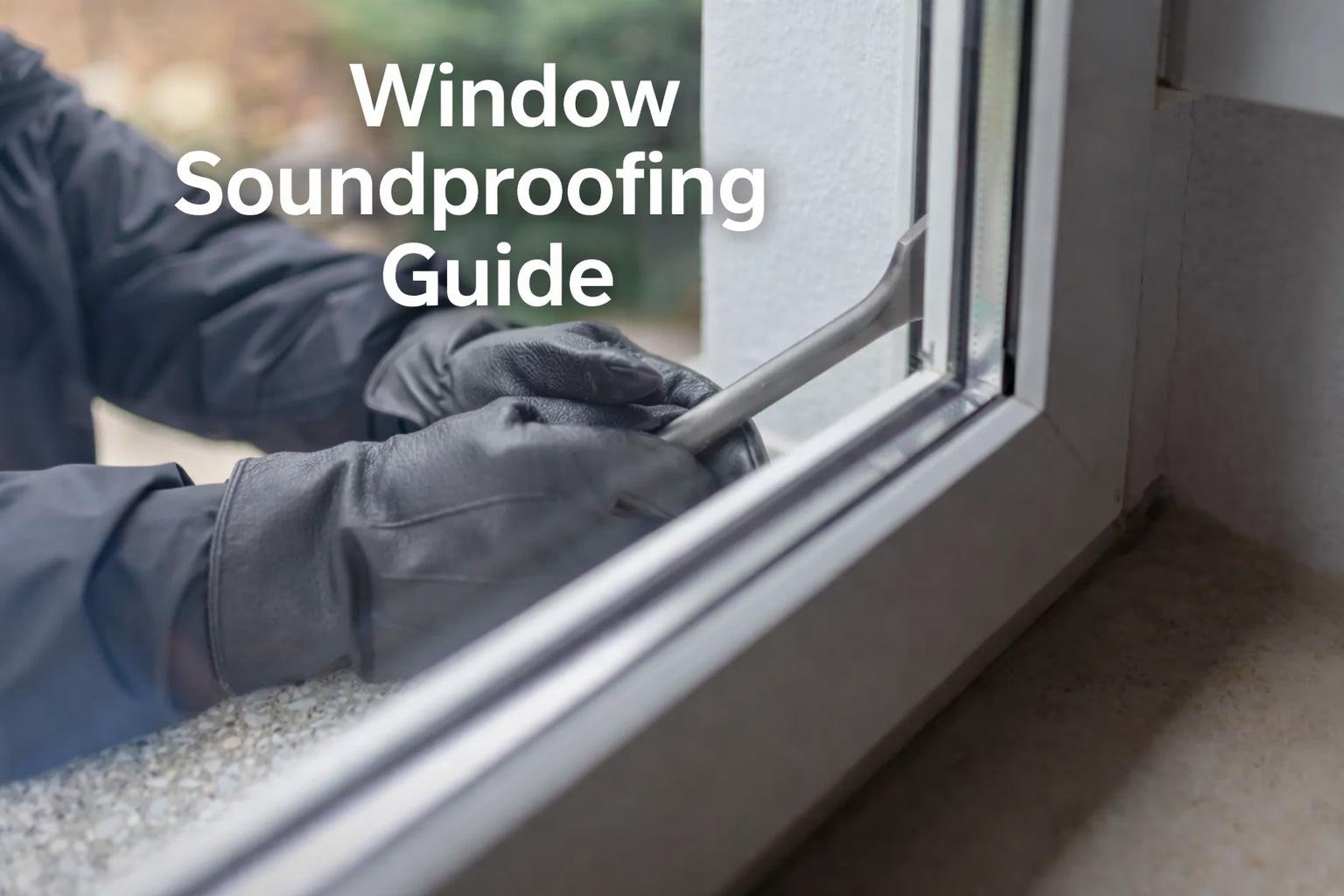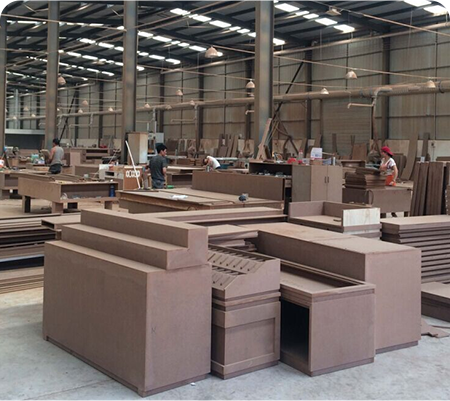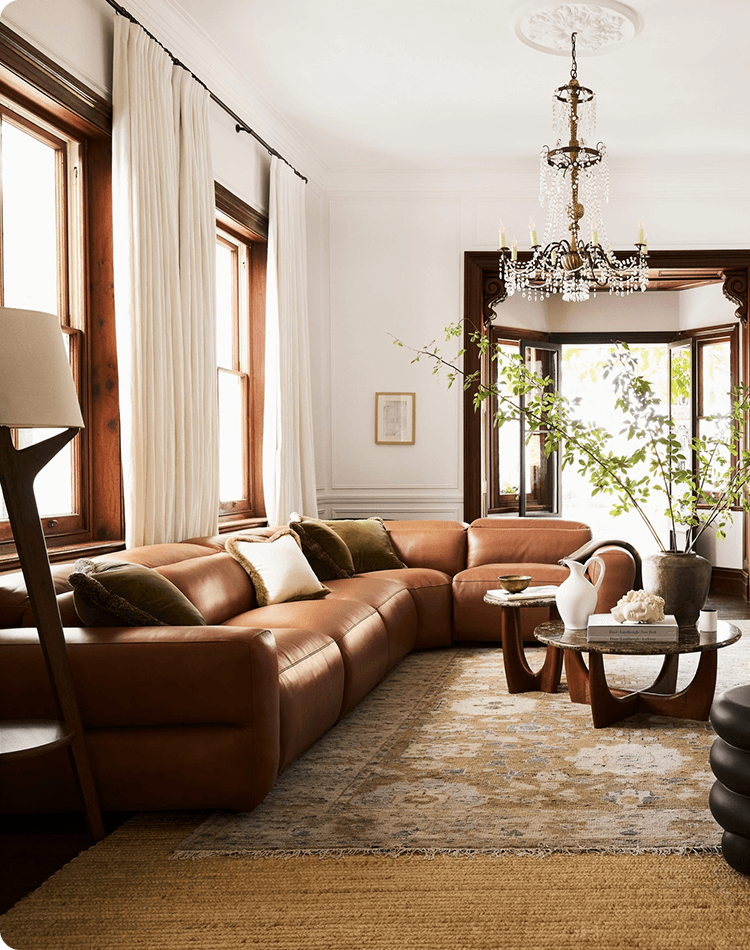When you’re renovating a home or commercial space, PVC flooring is a great choice. Made mainly from polyvinyl chloride, it offers a blend of style and practicality, mimicking expensive natural materials like wood or stone at a much lower cost. So what are its true pros and cons? In this comprehensive guide, we’ll cover everything you need to know about PVC vinyl flooring to help you decide if it’s right for your project. We’ll also discuss quality and how to use it in real-world applications.
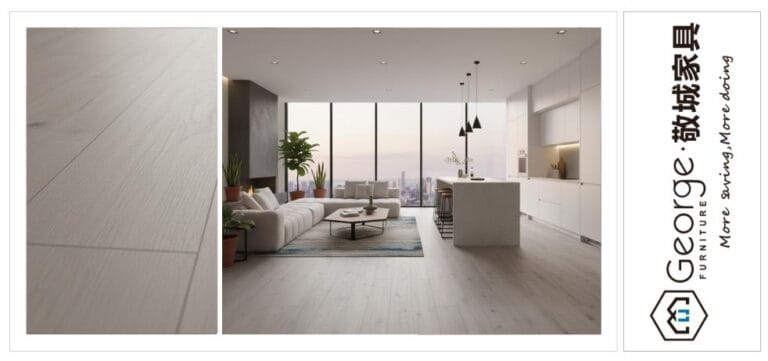
Table of Contents
Part 1. What is a PVC Floor?
Imagine entering a room where the floor underfoot is durable, elegant, and easy to clean. PVC floors, also known as vinyl floors, are made up of multiple layers of polyvinyl chloride (PVC), a synthetic polymer derived from petroleum and salt. The top layer is generally protected by a scratch-resistant urethane coating, while the central core ensures stability and structural support.
These floors are available in different formats. Rolls, up to 12 feet wide, allow for quick and continuous installations, while PVC floor tiles, typically 12×12 inches in size, facilitate targeted interventions or local replacements.
The production of PVC flooring involves extrusion and molding processes that ensure uniformity and quality, making the material flexible and suitable even for slightly uneven surfaces. Thicknesses generally vary from 0.08 to 0.2 inches, balancing comfort and resistance.
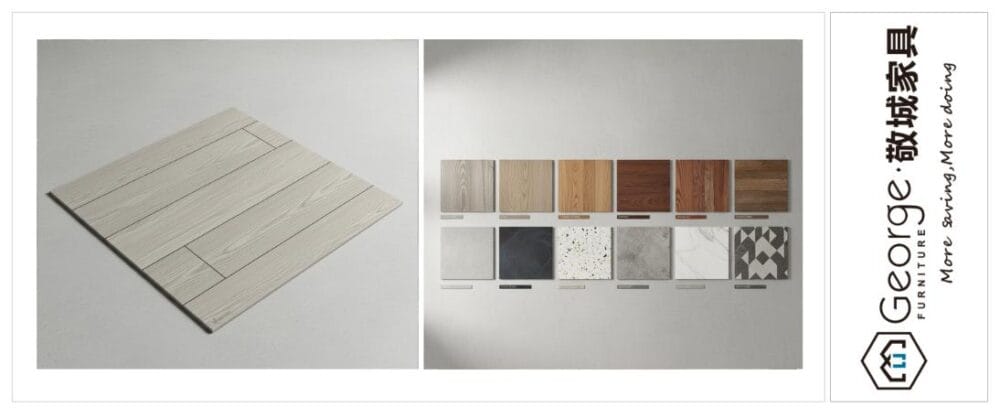
PVC flooring is also popular because it’s so affordable. A basic installation can start at just $2 per square foot, making it a budget-friendly option that doesn’t compromise on style or function. Furthermore, many PVC floors incorporate additives to increase resistance to water and UV rays, making them superior to natural wood in bathrooms and kitchens. For DIY enthusiasts, self-adhesive versions exist, eliminating the need for expensive glues.
Part 2. PVC flooring materials and variants
PVC floors are made from advanced synthetic materials that are engineered to be beautiful, durable, and versatile. Pure PVC is mixed with plasticizers to make it flexible, stabilizers to increase its longevity, and pigments for custom colors and finishes. For instance, PVC floor tiles often have a fiberglass backing to prevent warping, and are usually about 0.12 inches thick.
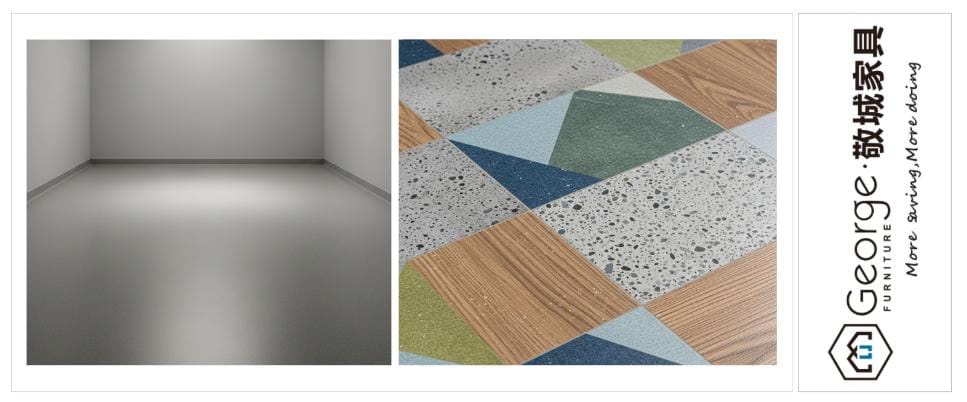
Contact Us for a Project Consultation
Why pay more? At George’s Furniture, we cut out the middlemen to bring you premium furniture, flooring, doors, windows, and more—all at prices up to 40% below retail. With 19+ years of experience and 600 consultants, we provide complete, custom project solutions, from initial design to final delivery.
Types of PVC flooring
There are several variants, each designed for specific needs:
- Homogeneous PVC floors: uniform throughout their thickness, ideal for industrial and high-traffic environments, thanks to their mechanical resistance.
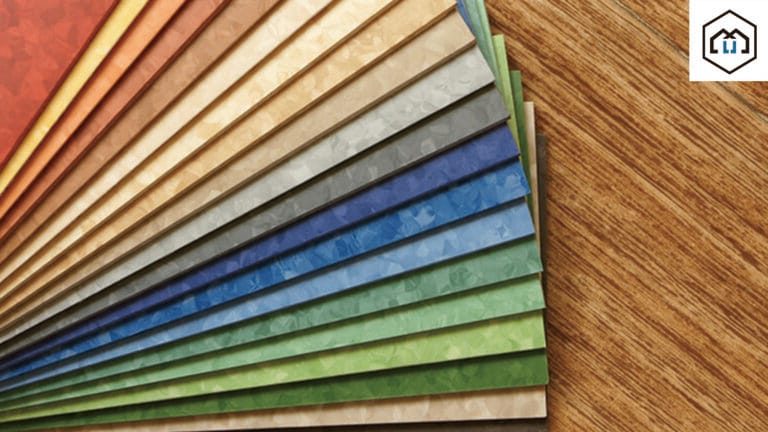
- Heterogeneous PVC floors: composed of multiple layers that combine comfort and durability, perfect for residential and commercial spaces.
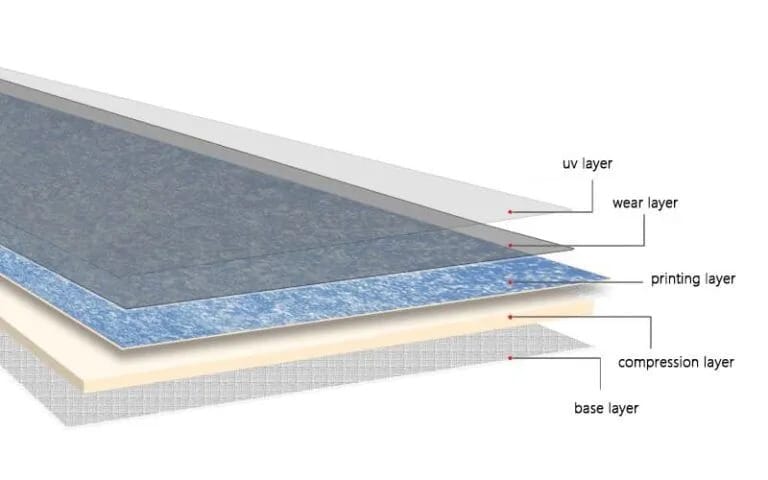
PVC floors for specific applications
Some variants are designed for particular conditions:
- PVC floors for boats: resistant to saltwater and UV rays, with non-slip textures for safety and durability.
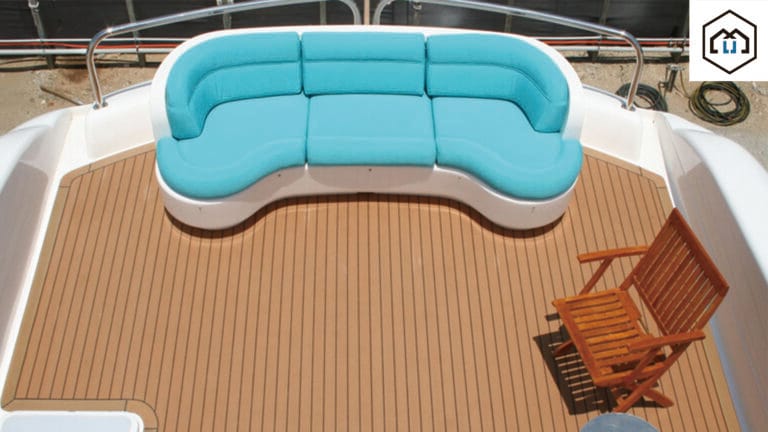
Contact Us for a Project Consultation
Why pay more? At George’s Furniture, we cut out the middlemen to bring you premium furniture, flooring, doors, windows, and more—all at prices up to 40% below retail. With 19+ years of experience and 600 consultants, we provide complete, custom project solutions, from initial design to final delivery.
- PVC terrace floors: waterproof and easy to clean, ideal for outdoor environments exposed to the elements.
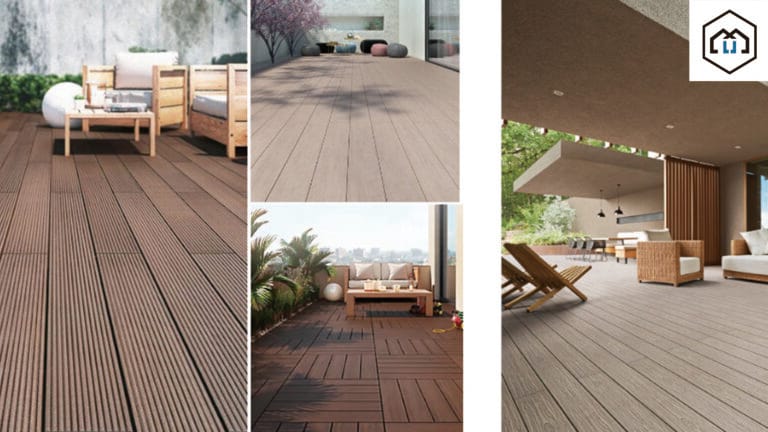
- PVC garage floor tiles: 0.2 inches thick and able to support loads up to 5000 pounds, perfect for heavy-duty applications.
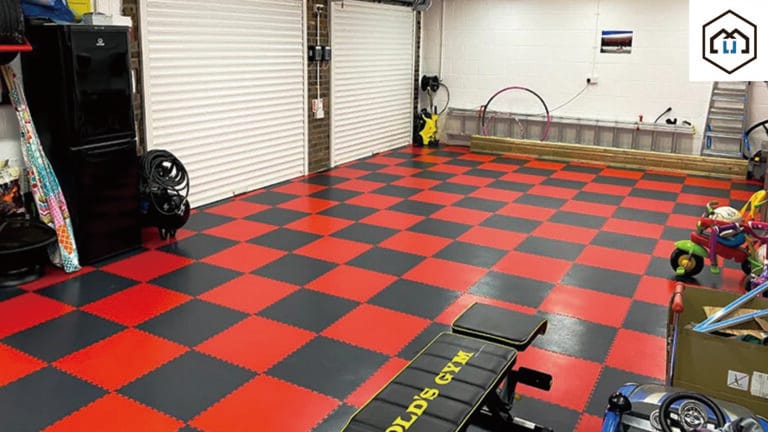
Contact Us for a Project Consultation
Why pay more? At George’s Furniture, we cut out the middlemen to bring you premium furniture, flooring, doors, windows, and more—all at prices up to 40% below retail. With 19+ years of experience and 600 consultants, we provide complete, custom project solutions, from initial design to final delivery.
Many of these materials are also made with recycled PVC, reducing environmental impact and combining sustainability and performance.
PVC Vinyl Floors
PVC vinyl floors represent a versatile choice for those who desire refined aesthetics at contained costs. Thanks to PVC flooring production techniques using high-pressure presses, it is possible to print textures that imitate wood grains or natural patterns, ensuring a realistic effect at average market prices between $3 and $5 per square foot.
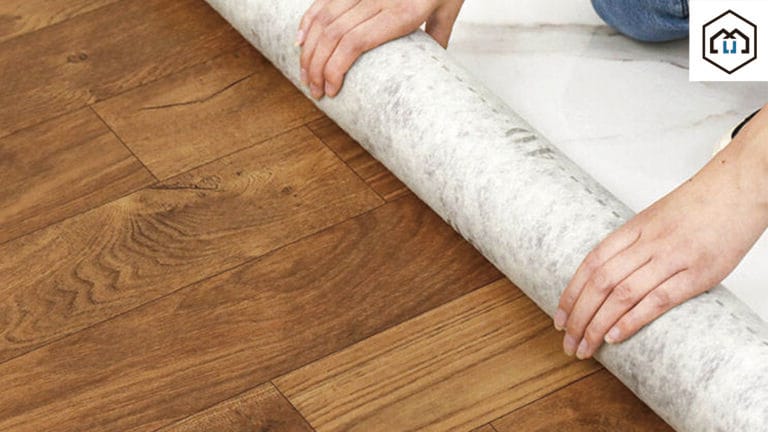
Part 3. Pros and Cons of PVC Flooring
Advantages of PVC Flooring
PVC floors combine practicality and economy. Water-resistant, they are ideal for bathrooms, kitchens, and damp environments, without warping like wood. The low cost, often less than $4 per square foot with DIY installation, makes them accessible even for reduced budgets. Maintenance is simple: just a damp cloth, without waxes or expensive detergents. From a comfort perspective, PVC improves acoustic insulation, reducing noise by up to 20% compared to ceramic tiles, making environments quieter and more pleasant. For outdoor spaces, there are PVC terrace floors capable of withstanding extreme temperatures, from -20°F to 140°F, without losing strength or color. Durability is guaranteed for up to 15 years, suitable for heavy traffic.
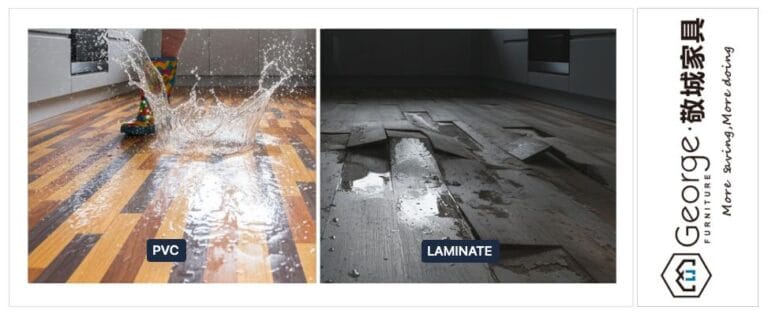
Disadvantages of PVC Flooring
Some PVC vinyl floors can emit VOCs if not certified, and the material is not as environmentally friendly as natural alternatives like cork. If not properly treated, outdoor PVC can distort at high temperatures and lose color. Furthermore, although PVC is resistant, once it is significantly damaged, it is difficult to repair. Unlike wood which can be sanded, a damaged section of PVC flooring often requires complete replacement.
PVC floors vs laminate floors
| Feature | PVC Vinyl Floors | Laminate Floors |
| Water Resistance | Excellent (100% waterproof) | Poor (can swell if exposed to water) |
| Durability | Very high | High (but less resistant to deep scratches) |
| Cost | Varies from $2 to $15 per square foot | Varies from $1 to $5 per square foot |
| Comfort | Softer and warmer underfoot | Harder and colder |
Applications | Bathrooms, kitchens, basements, boats | Living rooms, bedrooms |
Part 4. Where are PVC Floors suitable?
PVC floors stand out for versatility, resistance, and ease of maintenance, making them ideal in damp environments or those subject to heavy traffic. Inside the home, they are perfect for kitchens and bathrooms, where resistance to splashes and humidity makes them extremely practical. In bedrooms or living spaces, PVC offers a soft and comfortable surface underfoot, without sacrificing durability. For residential environments, a thickness of about 0.16 inches is optimal, balancing comfort, resistance, and ease of installation.

PVC is equally versatile in more specialized applications. For example, PVC floors for boats, designed to be non-slip and corrosion-resistant, cover surfaces up to 100 square feet with approximate costs around $300, ensuring safety and durability in marine environments.
For workshops, PVC garage floor tiles support the weight of vehicles and are available in 200 square foot kits for about $500, offering protection and resistance even in contexts of heavy stress.
Outdoors, PVC floors for terraces and balconies transform spaces into welcoming and functional environments. They are resistant to sun, temperature fluctuations, and atmospheric agents, maintaining aesthetics and performance over time without requiring special care.
Thanks to this combination of resistance, comfort, and versatility, PVC floors represent a practical and reliable solution for almost all home environments, as well as for more technical and professional applications.
Part 5. Are PVC Floors dangerous?
Are PVC floors dangerous? It mainly depends on the quality of the material and production certifications. Modern versions without phthalates are considered safe for domestic use, even in environments frequented by children and animals. These floors release low quantities of volatile organic compounds (VOCs), minimizing any health risks and improving indoor air quality.
International certifications, such as European and North American ones, guarantee that PVC floors comply with rigorous standards of non-toxicity and chemical safety. This means that, if certified products are chosen, there are no significant risks related to daily exposure, even in homes, schools, or healthcare facilities.
From a sustainability perspective, many PVC floors are now recyclable or produced with low environmental impact materials, contributing to reducing the carbon footprint compared to previous generations of vinyl. Some companies have also adopted eco-friendly PVC flooring production processes and recovery programs, allowing part of the material to be reused at the end of its life.
Part 6. Choosing a Partner for Your PVC Flooring Project
When furnishing a space, the floor is only one piece of the puzzle. The entire design must be cohesive in style, function, and meet specific needs. While PVC flooring offers a fantastic foundation, a successful project often requires professional guidance.
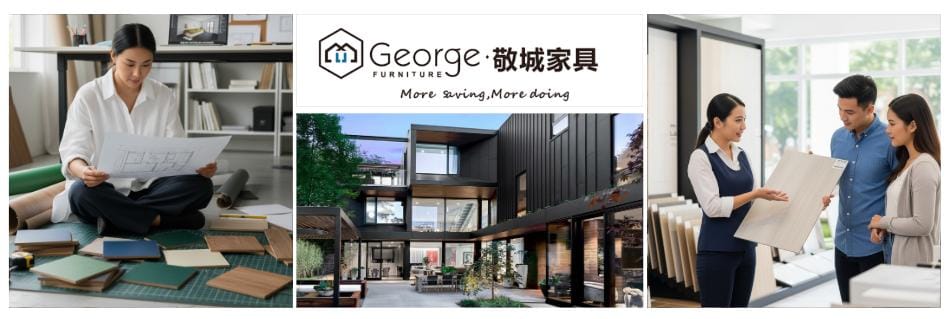
Contact Us for a Project Consultation
Why pay more? At George’s Furniture, we cut out the middlemen to bring you premium furniture, flooring, doors, windows, and more—all at prices up to 40% below retail. With 19+ years of experience and 600 consultants, we provide complete, custom project solutions, from initial design to final delivery.
For example, a trusted partner like George’s Furniture provides comprehensive solutions that go beyond just flooring. They offer direct-from-factory pricing and step-by-step support for a wide range of furniture and design projects, from creating a cohesive look for residential living spaces to furnishing complex environments like hotels, offices, and schools.
With their deep expertise in materials and design, along with a commitment to quality backed by a 2- to 5-year warranty, they represent an ideal partner for creating functional, elegant, and durable environments. This kind of professional support ensures that your flooring choice, along with all other furnishings, is perfectly executed, from initial design to guaranteed delivery.
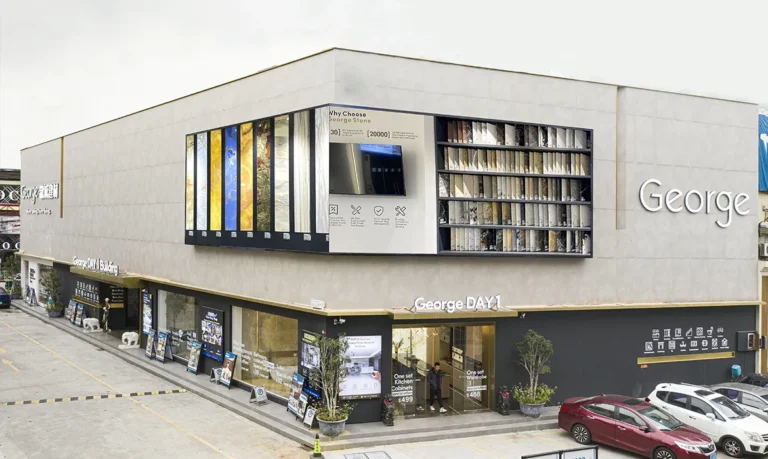
Part 7. PVC Flooring: Installation and Maintenance
The installation of PVC floor tiles is simple and quick, making them ideal for both DIY enthusiasts and those who rely on professionals. Before starting, it is essential to properly prepare the subfloor, ensuring it is clean, dry, and level, to guarantee a uniform and durable result. The tiles are laid by applying a specific adhesive, following the manufacturer’s guidelines, with an average labor cost of about $1 per square foot, making the intervention economical compared to other types of flooring.
.

Regarding maintenance, PVC requires little care: weekly cleaning with neutral detergents is sufficient to keep the surface shiny and hygienic, avoiding aggressive products that could damage the material. The resistance of PVC to stains and humidity makes it perfect for domestic and
FAQ
Q1. How long does PVC flooring last?
The average lifespan of PVC flooring ranges between 10 and 20 years, depending on the material’s quality, thickness, and the level of foot traffic. Commercial or industrial-grade versions can last even longer if properly maintained.
Q2. Is PVC flooring suitable for underfloor heating?
Yes, PVC flooring is compatible with underfloor heating systems, provided that the temperature does not exceed the limits recommended by the manufacturer (generally 80–82 °F / 27–28 °C). This makes it a comfortable choice for modern residential spaces.
Q3. How can I tell if PVC flooring is safe for health?
It is essential to check that the product is certified at a European or international level and carries labels such as phthalate-free or low VOC. These certifications ensure that the flooring does not release harmful substances and is safe even in environments frequented by children and pets.
Conclusions
In conclusion, PVC floors represent a practical and economical solution, combining resistance, versatility, and ease of maintenance. Thanks to characteristics such as waterproofness and simplicity of use, they are suitable for multiple environments. By choosing them carefully, the advantages outweigh any limitations. To furnish and complete your spaces with style and functionality, George’s Furniture offers experience, quality, and premium solutions at accessible prices, following each project until delivery.

